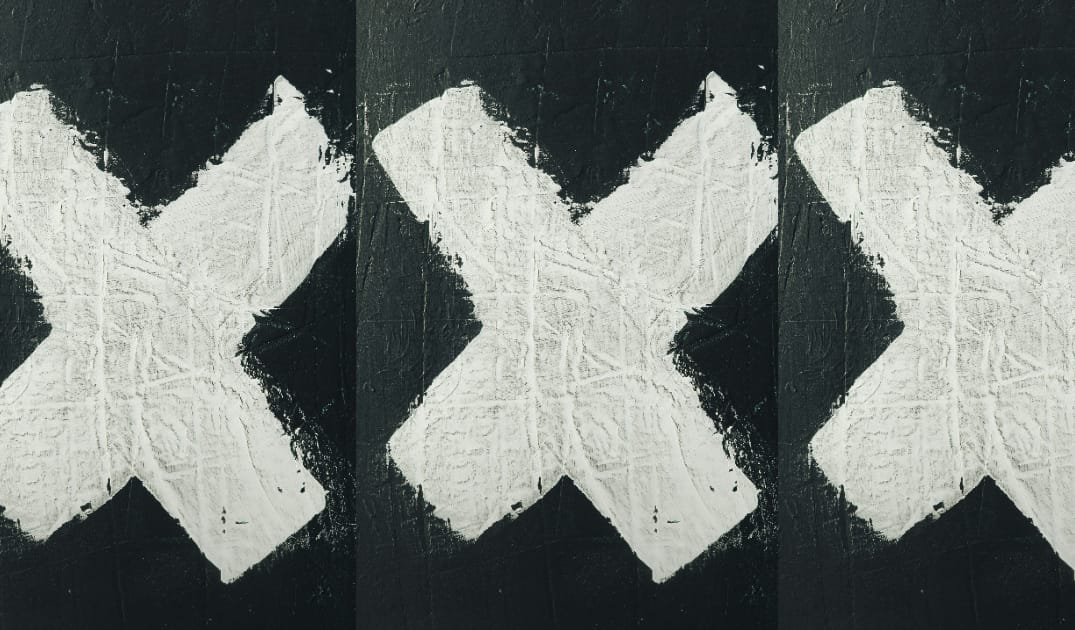✏️ Jess Lomax
It can seem like every other day on Twitter welcomes the ‘cancelling’ of yet another celebrity. We’re all used to the pattern by now – a celebrity’s bigoted comments are unearthed, #InsertNameHereIsOverParty starts trending, and then people begin ‘cancelling’ the accused celebrity.
We would expect the next steps of the cycle to include the accused losing their platform, or even losing job opportunities – but this rarely happens. Rather, ‘cancelled’ celebrities often come back stronger than ever, with increased platforms and no significant knocks to their wealth or assets. So, how can people claim cancel culture exists when far too many ‘cancelled’ celebrities face few or no consequences for their bigoted actions?
‘Cancel culture’ is a fairly recent phenomenon which implies that famous people with large public platforms can be deplatformed for their bigoted beliefs and actions. Exactly what it means for a celebrity to be ‘cancelled’ is dependent on each situation, but you’d expect it to entail a loss of platform, a reduction in income, or a reduction in job opportunities.
Arguably, if a celebrity were to repeatedly demonstrate prejudice towards a marginalised group in society without reflection or growth – like JK Rowling and her history of transphobia – it would make sense for them to face such consequences for their actions.
JK Rowling, despite countless ‘cancellations’ remains a millionaire with over 14 million Twitter followers – but to celebrities who’ve committed acts of racism, violence, and sexual assault. Public figures such as Chris Brown, Jefree Star, and Shane Dawson have been cancelled multiple times over, but still maintain their substantial social platforms.
Recently, the debate surrounding ‘cancelling’ celebrities has gained significant traction after Rowling and 150 other public figures signed an open letter denouncing cancel culture, claiming that the so-called victims of ‘cancel culture’ face ‘disproportionate punishments’ when they are called out on their actions. This, however, is not what we’ve seen in almost every case of celebrity ‘cancellations’.
The letter was ultimately written in defence of freedom of speech, arguing that ‘cancelling’ celebrities is detrimental to their own freedom of expression and makes others afraid to share their controversial opinions. You only needs to look at the status of so-called ‘cancelled’ celebrities, and the endless racism, homophobia, and transphobia present on sites such as Twitter, to see that none of these claims are based on evidence. ‘Cancel culture’ has never damaged a celebrities freedom of speech, it has merely attempted, and ultimately failed, to hold them accountable for their actions.
Why, then, have celebrities come out against ‘cancel culture’ and its supposed consequences? It seems to be a way of deflecting blame and responsibility for their actions.
‘Cancel culture’ is clearly nothing more than a buzzword used by celebrities to avoid facing consequences for their hateful and dangerous behaviour. By arguing that ‘cancel culture’ is damaging to freedom of speech, those who believe in it are able to generate sympathy for themselves without facing meaningful consequences.
This just allows them to continue spewing hateful and damaging rhetoric while maintaining their power and influence. Blaming ‘cancel culture’ for ruining freedom of speech creates an environment where no one faces consequences for their actions. It is impossible to argue that ‘cancel culture’ is a genuine phenomenon while so many problematic and bigoted public figures maintain their positions.
Thanks for reading our article! We know young people’s opinions matter and really appreciate everyone who reads us.
Give us a follow on Instagram, Twitter and Facebook to stay up to date with what young people think.

